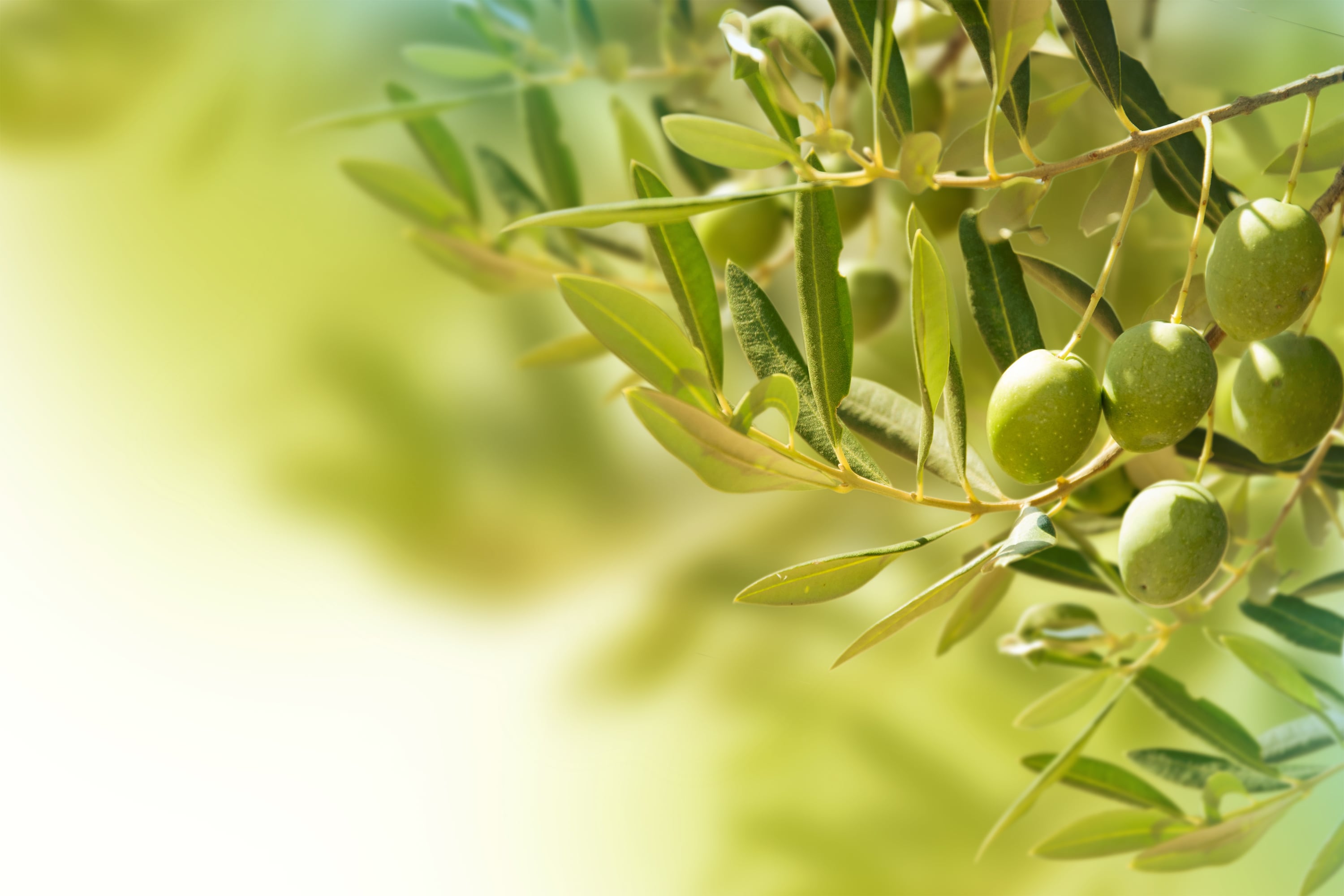The results of the systematic review and meta-analysis involving 248 participants provide evidence to support the use of Olea europaea L. in treating hypertension, said researchers from the Instituto Politécnico de Bragança in Portugal.
“These findings emphasize the use of herbal medicines, since each decrease of 10 mmHg in SBP and 5–6 mmHg in DBP substantially reduces the risk of CVD [cardiovascular disease],” they wrote.
According to data from a 2015 meta-analysis, a 10 mmHg reduction in systolic blood pressure is associated with a 20% reduction in major cardiovascular events, including reductions in stroke (27%), coronary heart disease (17%) and heart failure (28%).
The bioactive compounds in olive leaf, such as oleuropein, oleacein, tyrosol and hydroxytyrosol, have previously shown anti-inflammatory, antioxidant and anti-atherogenic properties. They may inhibit angiotensin and promote an antihypertensive effect.
The study noted that olive leaf extract could serve as a safe herbal option for individuals with pre-hypertension, potentially allowing them to avoid pharmaceutical treatments that risk excessively lowering blood pressure.
Hypertension: A Global Concern
Hypertension, defined as systolic blood pressure above 140 mmHg or diastolic blood pressure above 90 mmHg, presents a significant global concern. Affecting almost 1.3 billion people worldwide, it causes around 10 million deaths annually.
Left untreated, hypertension increases the risk of cardiovascular disease, peripheral arterial disease and kidney dysfunction.
The study noted that achieving optimal blood pressure can be challenging, with some patients requiring multiple medications to reach target levels. This increases the risk of side effects and the costs of treatments. Additionally, around 15% of individuals may be resistant to traditional treatments.
Consequently, exploring alternative therapeutic approaches such as phytotherapy treatments and lifestyle modifications is a priority, the researchers said.
However, they highlighted that nutraceuticals are subject to less regulation and oversight than pharmaceuticals, which can lead to ineffective products reaching the market.
“In this context, it stands out that systematic reviews and meta-analyses are at the top of the clinical evidence documentation, offering a solid and reliable basis for making informed health decisions,” they wrote.
Study details
The systematic review and meta-analysis evaluated studies investigating the effects of olive leaf extract on systolic/diastolic blood pressure in hypertensive or pre-hypertensive adults. Of 211 studies, three were eligible, totaling 248 participants.
The researchers found an antihypertensive effect of olive leaf on systolic and diastolic blood pressure. A sub-analysis of 1,000 mg daily doses found that olive leaf may reduce systolic and diastolic blood pressure by 11.45 and 4.65 mmHg, respectively.
However, due to variable trial quality and exclusion of studies not written in English, the authors emphasized a need for comprehensive clinical studies to confirm efficacy and safety.
Source: Phytotherapy Research, 2025; doi: 10.1002/ptr.8509. “Efficacy of Olive Leaf Extract in Improving Blood Pressure in Pre-Hypertensive and Hypertensive Individuals: A Systematic Review and Meta-Analysis”. Authors: R. Lachovicz et al.

